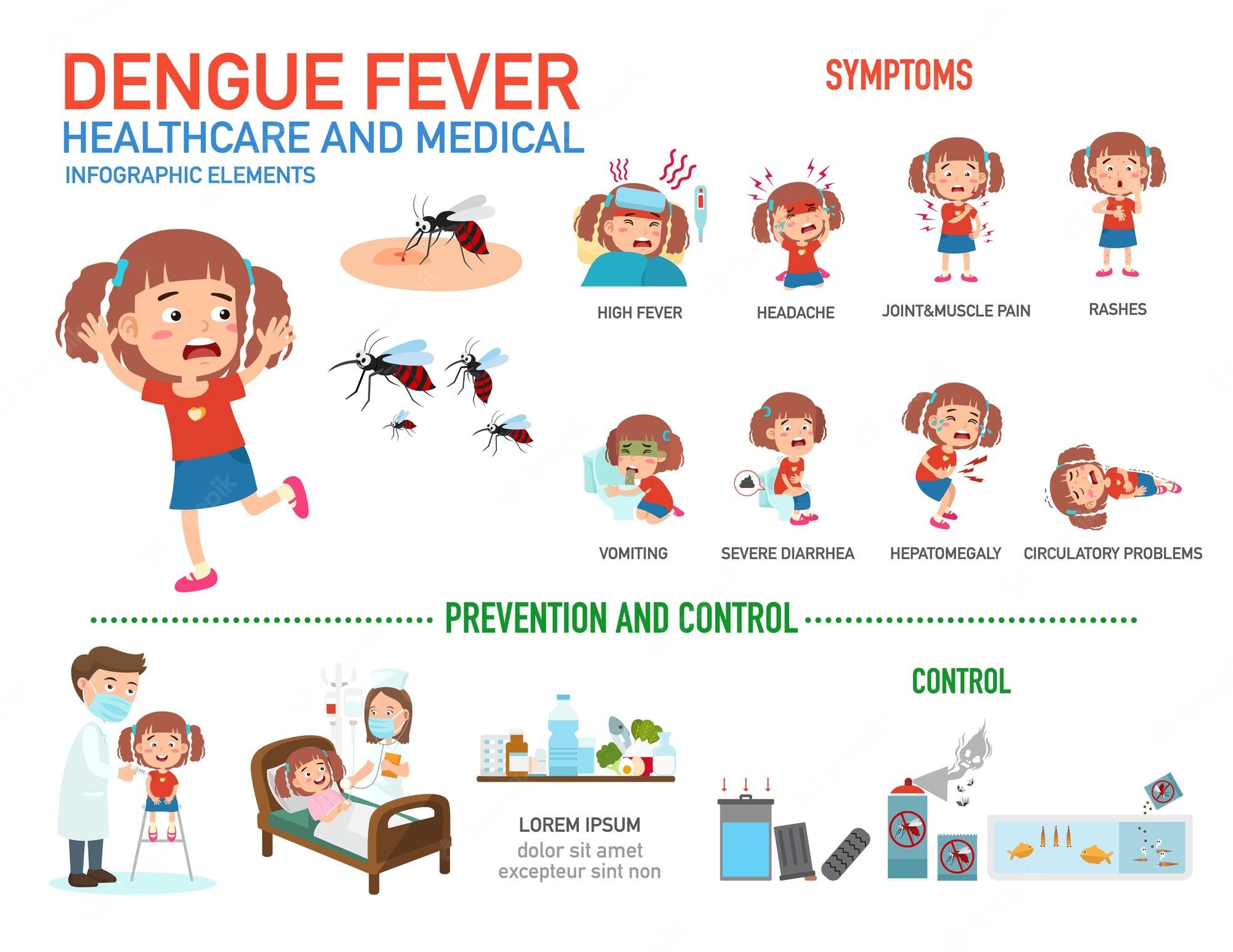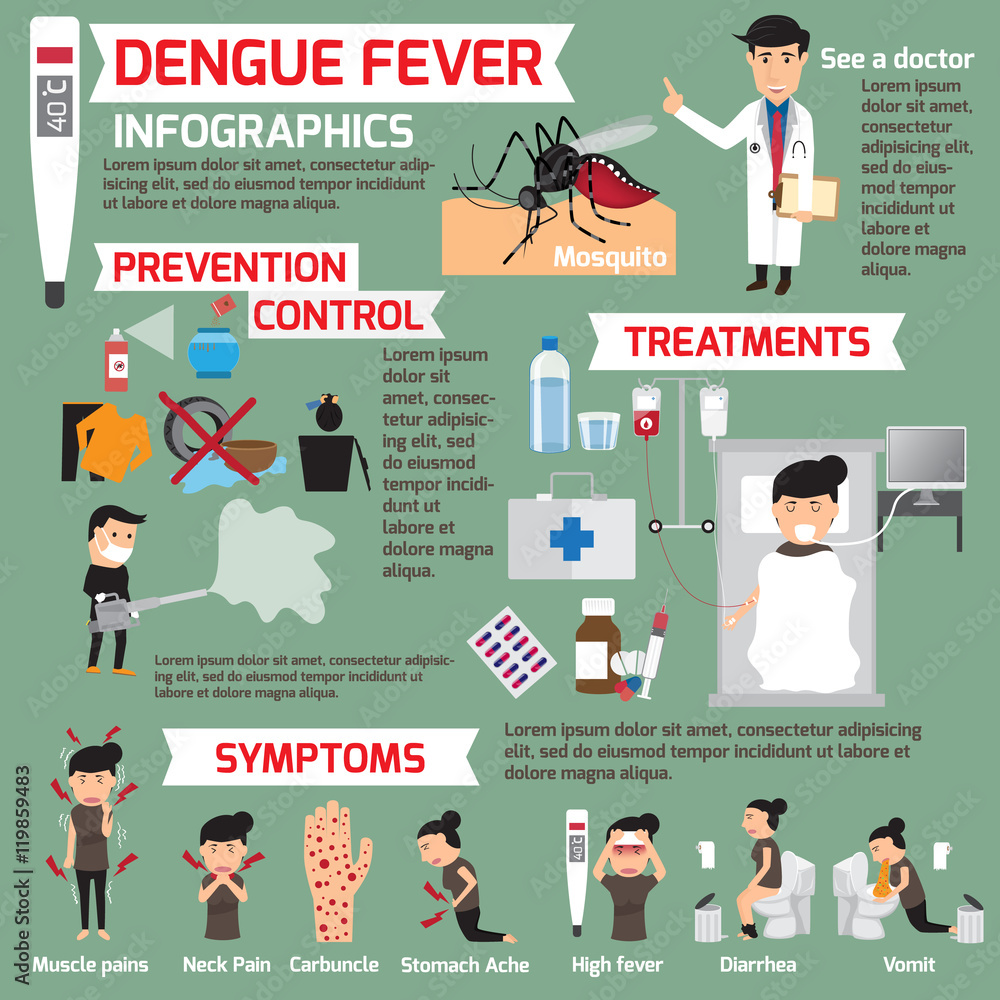What Is Dengue Fever?
Hey there. Let’s talk about dengue fever. It’s an illness spread by the bite of mosquitoes infected with one of the dengue viruses. These tiny, pesky insects carry the virus, and when they bite, they can pass it along to us. Now, it's important to know that this isn't just any mosquito—it’s primarily the Aedes mosquito, which thrives in tropical and subtropical climates. So, if you're traveling to these areas, you need to be aware of the risks.
How Dengue Spreads
Here’s the deal: dengue fever spreads through the bite of an infected Aedes mosquito. These mosquitoes usually bite during the day, especially in the early morning and late afternoon. What makes it tricky is that once you're bitten by an infected mosquito, symptoms might not show up for 3 to 14 days. This delay can make it hard to pinpoint when and where you were exposed.
Who’s at Risk?
Anyone living in or traveling to tropical and subtropical regions is at risk. But here’s the kicker: if you’ve already had dengue once, getting infected a second time with a different strain can significantly increase your chances of developing severe symptoms. That’s why it's crucial to take precautions, even if you've had dengue before.
Read also:Joshua Riibes Turbulent Journey Detained In Puerto Rico Amid Sudiksha Konankis Disappearance
What Are the Symptoms of Dengue Fever?
So, what does dengue fever feel like? For most people, it starts with a sudden high fever—sometimes as high as 104°F (40°C). Alongside that, you might experience a range of symptoms, including severe headaches, pain behind the eyes, body aches, nausea, vomiting, and a rash. Now, here’s the good news: most people recover within a week or so. However, some cases can escalate into something more serious.
Severe Dengue: When Things Get Dangerous
Let’s talk about the more serious side of dengue fever. Severe dengue, also known as dengue hemorrhagic fever or dengue shock syndrome, can be life-threatening. This happens when the virus causes internal bleeding, plasma leakage, or even shock. If you or someone you know starts showing symptoms like persistent vomiting, difficulty breathing, or bleeding gums, it’s time to head straight to the hospital. Time is of the essence in these situations.
Asymptomatic Cases and Mild Symptoms
Not everyone who gets dengue will show symptoms, and some cases are so mild they go unnoticed. However, even if you don’t feel sick, you can still spread the virus to others if a mosquito bites you. That’s why prevention is so important—whether you’re showing symptoms or not.
Preventing Dengue Fever
Prevention is key when it comes to dengue fever. Here are a few tips to keep yourself safe:
- Wear long sleeves and pants, especially during peak mosquito hours.
- Use mosquito repellent with DEET, picaridin, or oil of lemon eucalyptus.
- Sleep under mosquito nets if you’re in high-risk areas.
- Eliminate standing water around your home to reduce mosquito breeding grounds.
Vaccination Options
In the United States, there’s a dengue vaccine approved for use in children aged 9 to 16 who have had a confirmed previous dengue infection and live in areas where dengue is common. However, the vaccine isn’t a one-size-fits-all solution, so it’s essential to consult with a healthcare professional to see if it’s right for you or your family.
The Global Impact of Dengue Fever
As of April 30, 2024, over 7.6 million dengue cases have been reported globally, including 3.4 million confirmed cases, more than 16,000 severe cases, and over 3,000 deaths. The Americas have seen a particularly alarming rise in cases, with numbers already exceeding previous records. This surge underscores the importance of global awareness and coordinated efforts to combat the spread of dengue.
Read also:Trumps Legal Battles And Political Moves A Closer Look
Why Awareness Matters
Stay informed, stay vigilant. Whether you're planning a trip to a high-risk area or simply living in one, understanding dengue fever is the first step toward protecting yourself and your loved ones. Remember, it’s not just about avoiding mosquitoes—it’s about creating a safer environment for everyone.
So, let’s work together to spread awareness, not the virus. Because at the end of the day, knowledge is our best defense against dengue fever.


